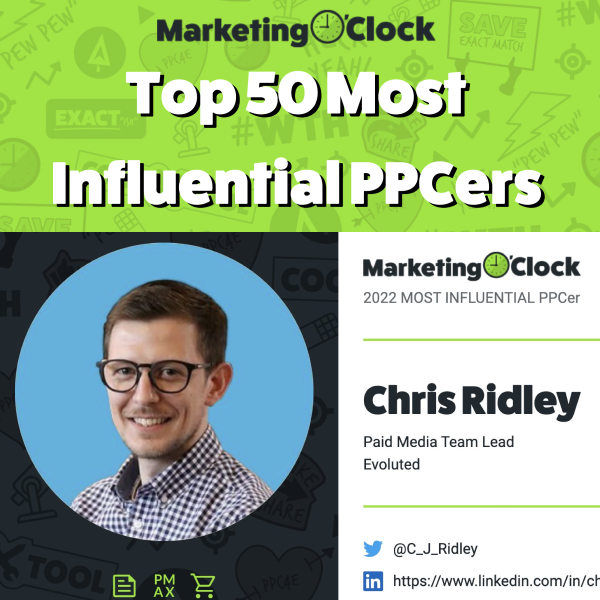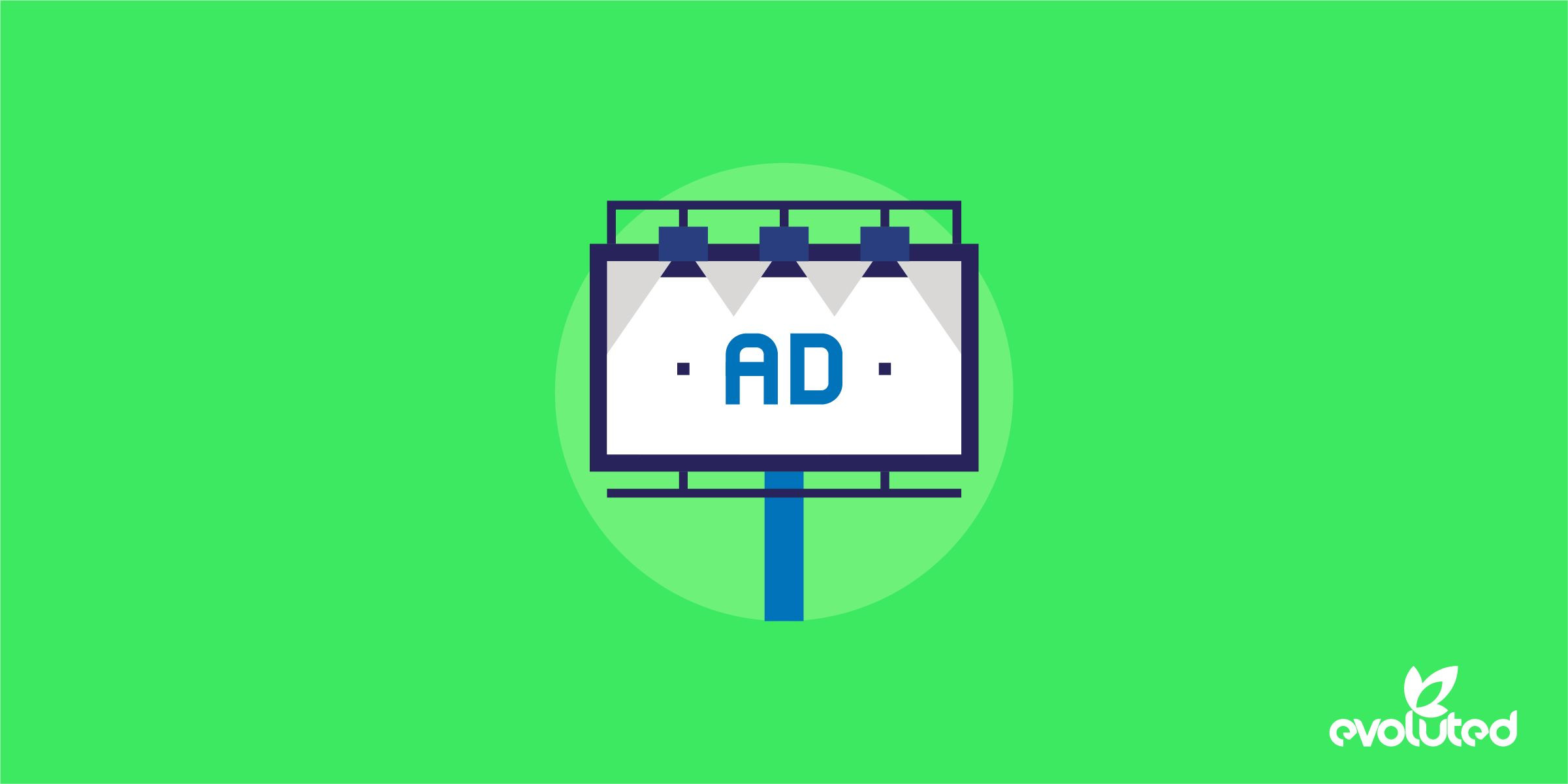The 6 Most Common Mistakes Google Ads Beginners Make
When first diving into the world of Google Ads, it can be easy to fall into the trap of making a few common mistakes. We've all been there when as beginners, so we wanted to help you get your Google ad campaigns off to the best start possible!

As one of the biggest platforms for online advertising, Google Ads has seen a huge surge in new users and accounts over the last couple of years. To help new users navigate the labyrinth of Google Ads, we will guide you through the most common pitfalls when getting started with Google Ads accounts.
1. NOT SETTING BUDGETS EFFECTIVELY
The first one concerns how much your campaigns spend each day. Despite your budget being set daily per campaign, this isn't a strict rule that Google will always oblige by. Your daily spend can be twice as much as the daily budget you’ve set, but should average out over 30.4 days. Therefore, I always set my daily budgets slightly lower than my target budget to make sure I don't overspend, and I check my account daily to keep on top of it.
If you’re unsure what budget you should be setting, I recommend taking your monthly spend and dividing it by 31 to establish a baseline to work from.
Google Ads are also rolling out account spend limits, which should make keeping on top of your spend even easier. Check within your account billing settings to see if you’re able to set one yet- this is a lot stricter than daily budgets and will help minimise overspending across the entire month.
2. PINNING ALL RESPONSIVE SEARCH AD ASSETS
One of Google Ads’ latest features is the Responsive Search Ad, which allows you to have up to 15 different headlines and four different descriptions set, and then Google will then mix and match these copy assets for each eligible bid auction.
One of the biggest pitfalls I see a lot of beginners make is to pin every single headline and description, which removes Google's flexibility in combining your assets in different ways.
I recommend only pinning the most important headlines and descriptions that need to be included in your ad copy - this may be your brand name, a legal requirement or USP. By limiting how many pinned assets each Responsive Search Ad has, you’ll be providing Google more ad combination options to experiment with, which will help you identify the best ads to run with.
3. USING AUTO-APPLIED RECOMMENDATIONS
Another new Google Ads feature is Auto-Applied Recommendations. As the name suggests, Google Ads has begun pushing its ad performance recommendations live without human input, and many accounts are already opted-in to Auto-Applied Recommendations without the account managers knowing. This can lead to very mixed results, as well as performance problems for some accounts, so I recommend opting out of this feature as soon as you set up or begin managing the account.
Once, you’ve opted out, you can begin reviewing the Recommendation tab within Google Ads to get familiar with the account’s recommendations and whether they are beneficial to your specific account. When you’re confident with knowing which recommendations are suitable for your account, you can begin turning certain auto-applied recommendations on.
4. NOT EXCLUDING DISPLAY NETWORK WHEN CREATING SEARCH CAMPAIGNS
When setting up a Search campaign I strongly recommend that you take the Display Network out and create a separate Display Campaign instead, otherwise you may see reduced engagement and reduced performance of your ads.
Separating Display Network and Search ads will provide you with better attribution and makes it easier for you to report on the individual performance of campaigns as you can see which ad format is performing best and make decisions based on this. You’ll likely see better your conversion rates and click-through rates too as your text-based Search ads will appear when users are actively searching for what you provide.
5. NOT REGULARLY REVIEWING YOUR SEARCH TERM REPORTS
Following Google’s latest changes to how keywords trigger search terms, it is important to regularly check your search term reports. I recommend adding the “Keyword” and “Match type” columns, as these will provide you with a better understanding of how Google matches your keywords to search terms. By doing so, you can identify search terms that can be excluded from specific ad groups or campaigns or added to a negative keyword list.
Over time this will help you minimise the amount of budget spent on irrelevant traffic and boost your conversion rate.
6. NOT DOUBLE-CHECKING YOUR CONVERSION SETTINGS
The last pitfall in this list is likely the most important one, and it regards conversion management. Setting up your conversions correctly is vital to ensure you're tracking your conversion actions accurately. Inaccurate or broken conversion tracking can result in misinformed decision making, and a lot of unnecessary stress!
I recommend making sure you check the Count setting on your Conversions, and for an e-commerce site, you’ll want your transactional conversion to be set to “Every” to ensure you are counting every sale the user makes.
Over time, you may change your conversion tracking, resulting in multiple conversions being set up, or you may inherit an account that has dozens of conversions set up. In either case, I recommend reviewing the conversion setting every couple of months and pausing any conversions that are no longer necessary to keep your conversion tracking simple and clean for both yourself, and anyone else that might support in managing your accounts.
Now you know what pitfalls to avoid, you're well on the way to creating amazing Google Ad campaigns that are guaranteed to drive results, but if you'd like some assistance in creating high-converting Google Ad campaigns, we're here to help! You can get in touch with us by heading to here and leaving your details, and we'll be back in touch soon.
Watch the accompanying video here:
Get in touch with us to discuss your next Paid Media campaign, and we'll be back in touch soon.












